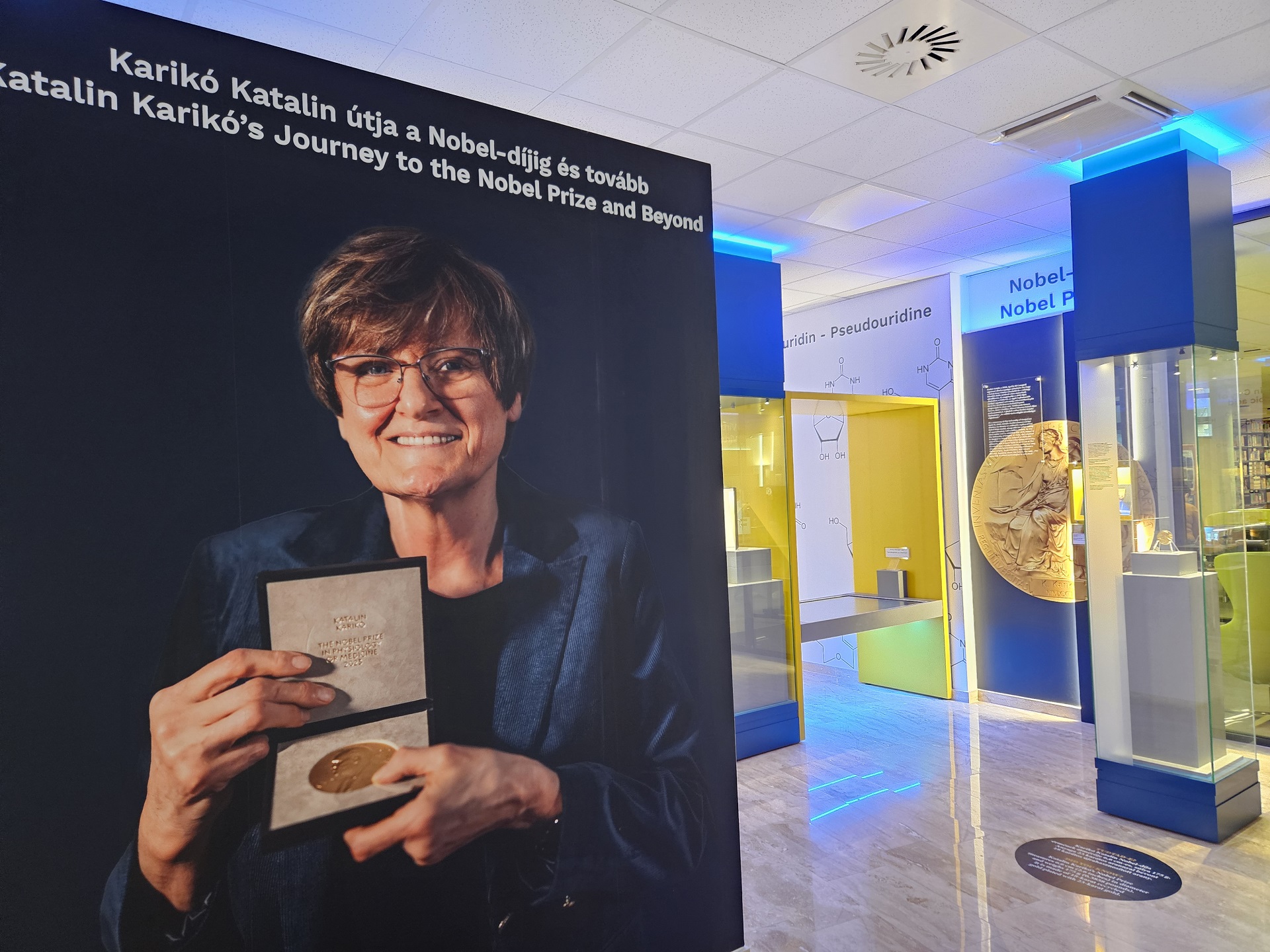Fejenként ötezer amerikai dollár, egy műalkotás és díszoklevél a JATE-díjas jutalma. A különleges kitüntetésre a jelölés ikonikus napon, április 16-án startol. Egy éve, 2024. április 16-án jelentette be Karikó Katalin, hogy a Nobel-díjával járó több mint félmillió dollárt a Szegedi Tudományegyetemnek adományozza, és megalapítja a JATE-díjat. Az SZTE jogelődje, az egykori József Attila Tudományegyetem (JATE) emlékére létrehozott díj három kategóriában jutalmazza a legjobbakat.


